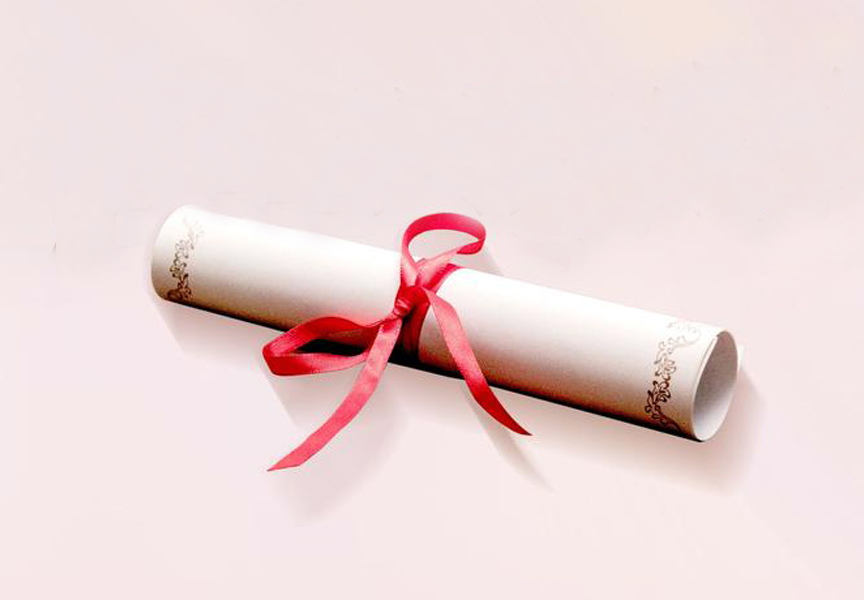Random Free Articles
- Vital Role of Qi in Shaolin Kung Fu
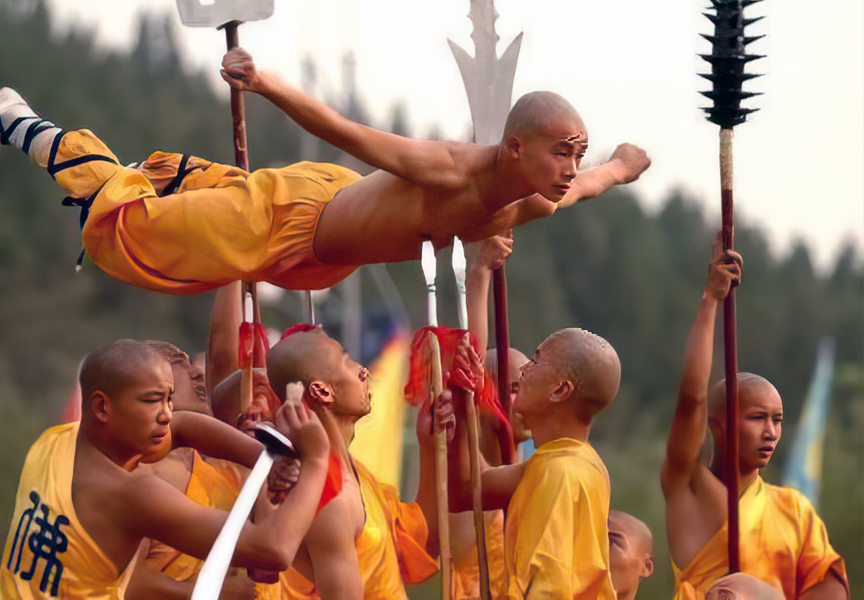
Shaolin Kung Fu, a traditional Chinese martial art with a history spanning over a thousand years, is renowned for its intricate techniques, disciplined philosophy, and the cultivation of inner energy known as Qi. In every movement, stance, and strike, the utilization of Qi is considered not just essential but vital. This ancient martial art emphasizes the harmonious integration of mind, body, and spirit, and the proper use of Qi is at the…
- Every Competitor A Champion in Their Own Right
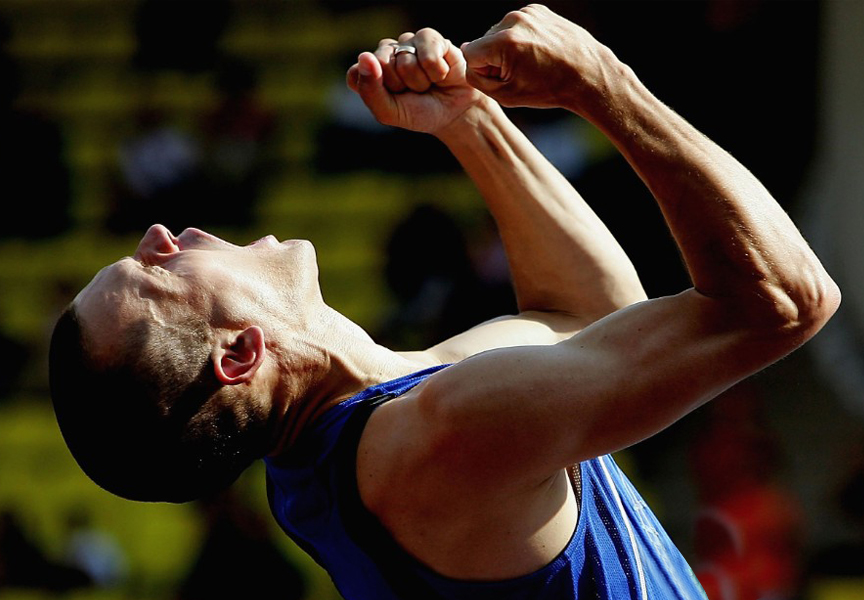
In the world of sports, competitions, and life in general, we often focus on the victors, the ones who stand atop the podium, wearing the gold, silver, and bronze medals. But let us not forget that a champion is not defined solely by their position – a champion is anyone who consistently gives their best every time they step onto the field, court, or any competitive arena. It's not just about finishing first, second, or third; it's…
- Martial Arts for Seniors
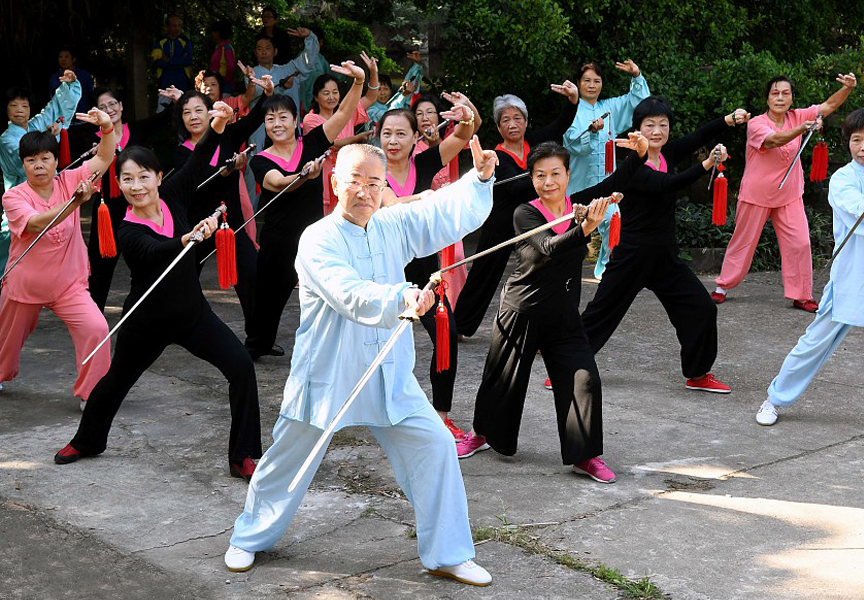
Breaking Stereotypes and Embracing Wellness Martial arts has long been associated with strength, agility, and discipline, typically seen as a pursuit for the young and physically fit. However, as attitudes toward aging and health evolve, so does the perception of activities like martial arts for seniors. The question arises: Is martial arts suitable for old people? In this article, we will explore the numerous benefits of martial arts for…
- Paper Engraved Couplets
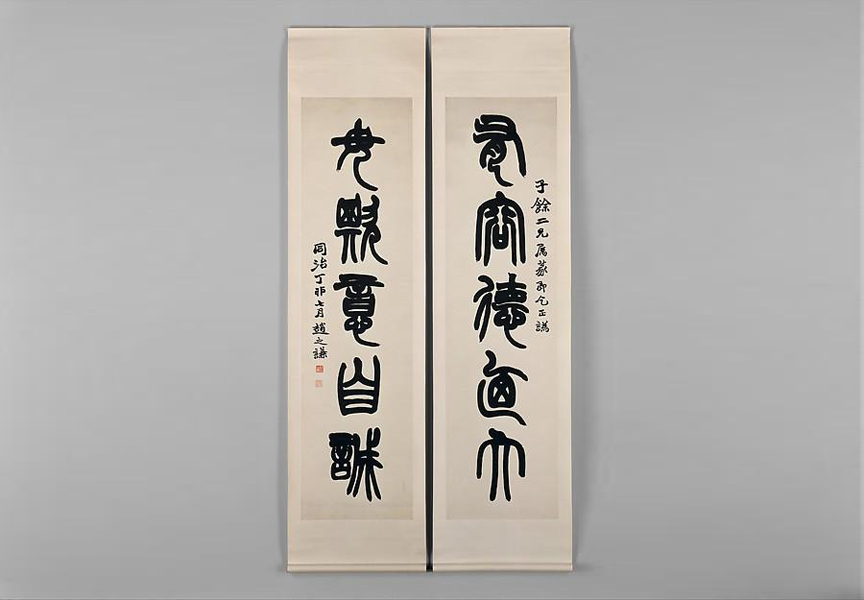
Paper Engraved Couplets in a Shaolin Kung Fu School In the tranquil courtyards of a traditional Shaolin Kung Fu school, amidst the echoes of ancient martial arts techniques, there exists a practice that transcends physical prowess – the art of paper engraved couplets (Zhǐ kè duìlián 纸刻对联). Within these hallowed grounds, where discipline meets spirituality, these delicate paper creations adorn the walls, serving as both a…
- Unveiling the Essence of the Heart Chakra
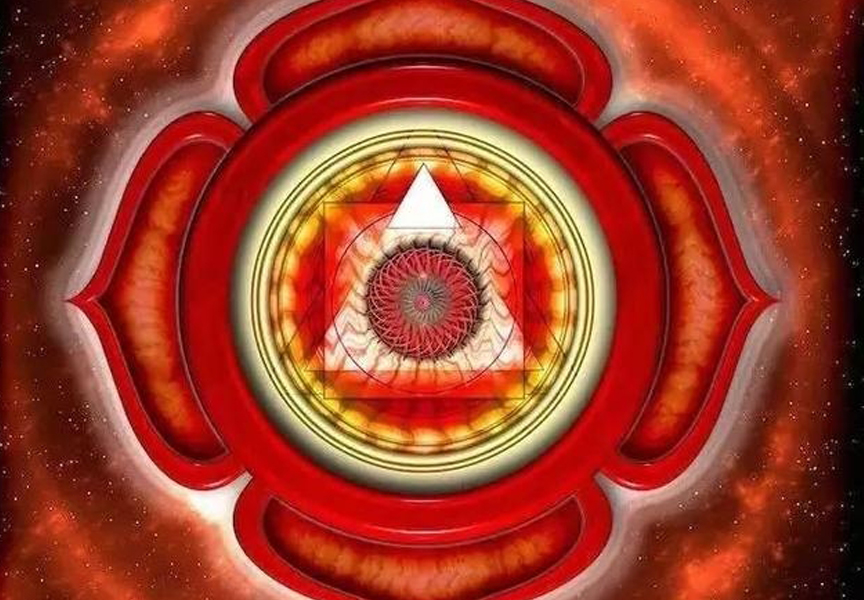
In the realm of spiritual exploration and self-discovery, the concept of chakras - Mailun [Chin.: Mài lún 脉轮 | Sanskr: चक्र] holds a significant place. Among these energy centers, the heart chakra, known as Xinlun [Chin.: Chin.: Xīn lún 心轮] in Chinese and Anāhata [हृदयचक्रम्] in Sanskrit, stands out as a focal point for balance, compassion, and interconnectedness. Let's delve into the profound…

